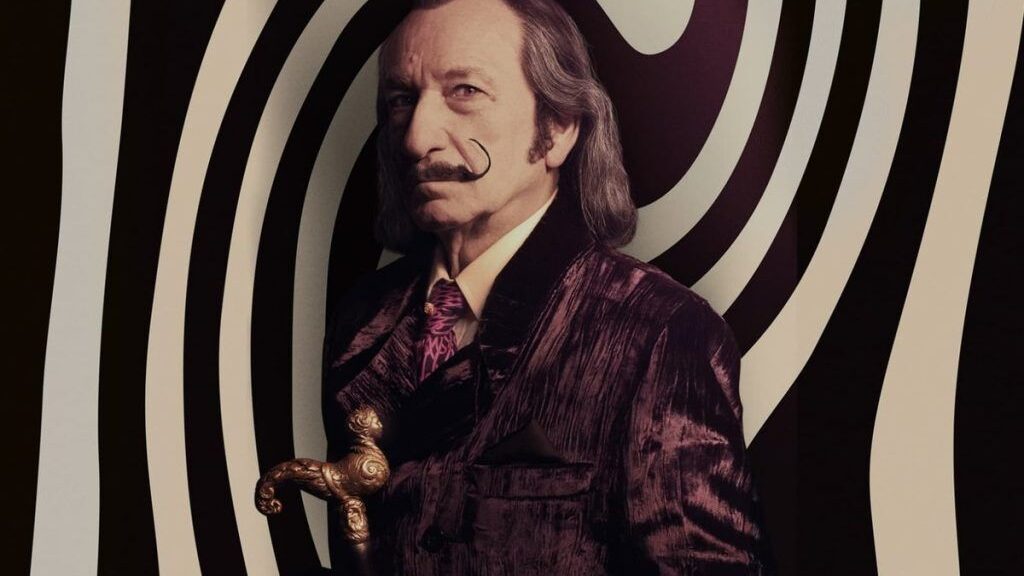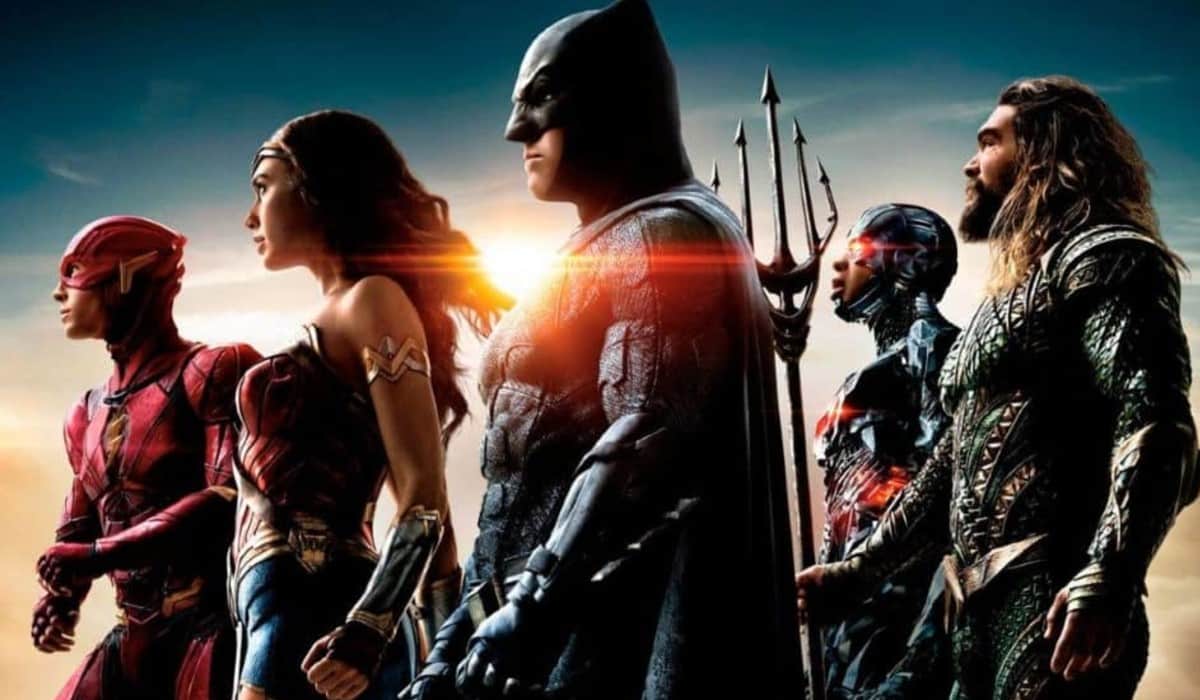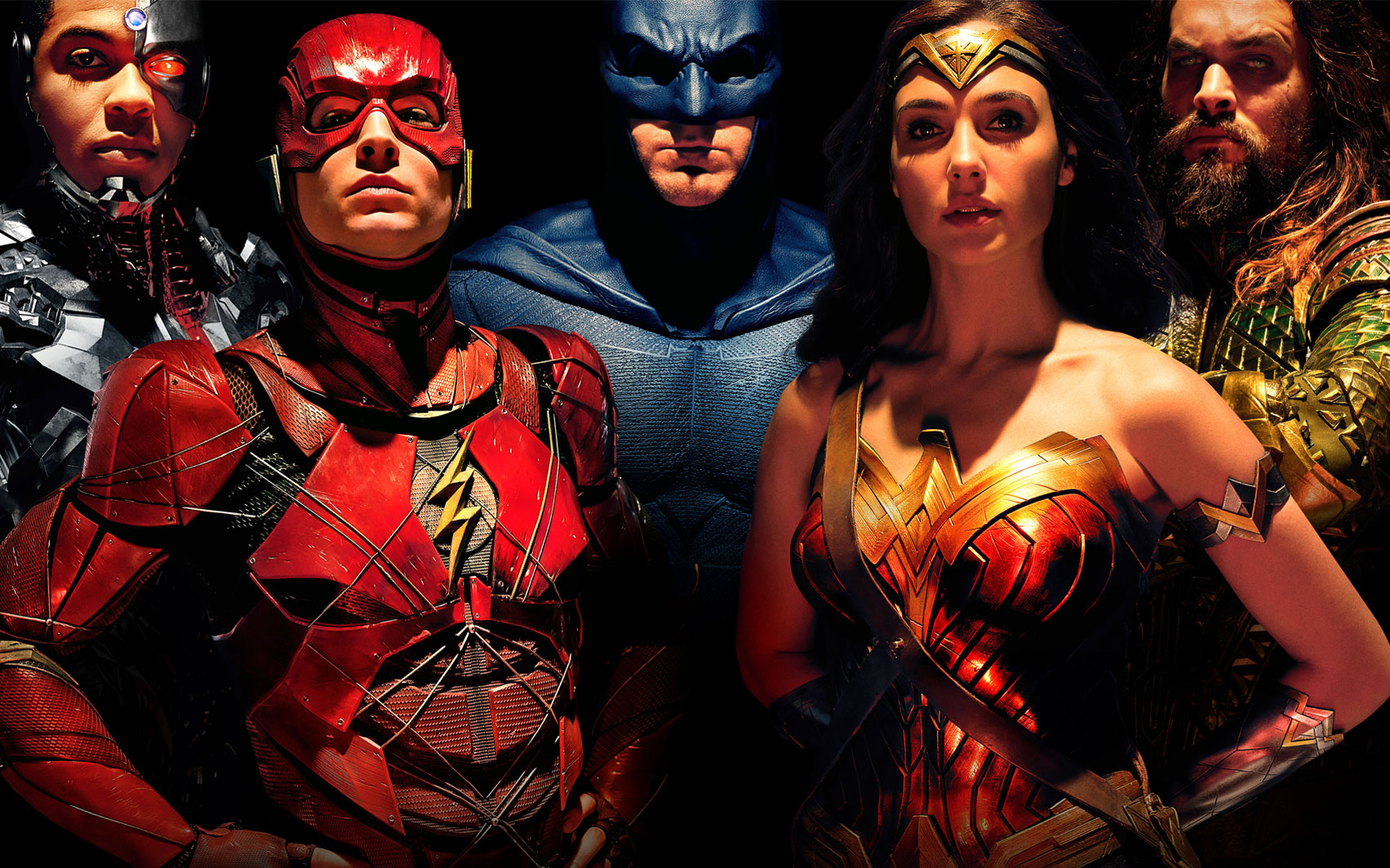The Flash
by George Wolf
Remember the utility belt on the Adam West version of Batman? Whatever the situation, there was always something on that belt that was perfect for bailing him out of it.
Decades later, it’s starting to look like “the multi-verse” may be the new Get Out of Jail Free card for superhero adventures. It certainly is for The Flash, a movie that scatters impressive moments across a landscape of fan service that’s searching for a truly compelling story.
Ezra Miller returns as Barry Allen/The Flash, who discovers this time out that he can hit speeds fast enough for time travel. Bruce Wayne/Batman (Ben Affleck) warns him against messing with the past, but Barry is convinced that simply putting one can of tomatoes in a shopping cart can bring back his murdered mother (Maribel Verdú ) and in turn, free his father (Ron Livingston) from a murder charge.
Of course, that can of tomatoes carries plenty of butterfly effects. The changes are enough to put Barry face-to-face with a non-super version of himself, in a universe where Bruce Wayne (Michael Keaton) has hung up his cape, Eric Stoltz never got canned from Back to the Future, and General Zod (Michael Shannon) is still an imminent threat to destroy the planet.
That Stoltz name drop (along with Affleck’s priceless line about the size of his ego) are just two of the moments where screenwriters Christina Hodson and Joby Harold inject some lighthearted fun that never seems forced. Ironic, though, that the Stoltz backstory just reminds you that the controversial Miller didn’t get dropped from this franchise.
But beyond the many offscreen troubles, Miller is impressive here, effectively crafting two distinct Barry Allens who play off each other quite well. Keaton’s return is a nostalgic kick, and as much as he’s clearly enjoying getting back in the Batsuit, Keaton steers clear of scenery-chewing. His Batman is a perfectly weary version of the one he left in the 90s, a disillusioned hero ready for one more ride.
And as the Barrys and Bruce search for an imprisoned Superman, we get our first look at Sasha Calle as Kara/Supergirl, who provides an intriguing glimpse of what we might expect from the character’s upcoming standalone film.
Director Andy Muschietti (It, It Chapter Two) hooks us with an exciting and visually impressive – except for the computer-generated babies – opening sequence, but the pace begins to drag almost immediately after. Threads of other time travel films from Timecrimes to Looper are bandied about, leading to the puzzling centerpiece that is the Chrono-ball.
Inside the ball, any past version of a superhero can be trotted out for a fan service bow, often with GCI that’s less-than-super enough to recall DC’s embarrassing experiment with Superman’s mustache. You would think that after that debacle, the effects bar would be higher. Apparently not, which only exacerbates the feeling that the point here is not The Flash, it’s how many flashes of the past can be manufactured – before and after the credits.
Both the animated and live action Spider-Man films have shown us how delightful the multi-verse can be. The Flash never gets there, but it shows us enough of Barry Allen to wonder what might be possible if the DCEU can trust him enough to carry his own weight.








